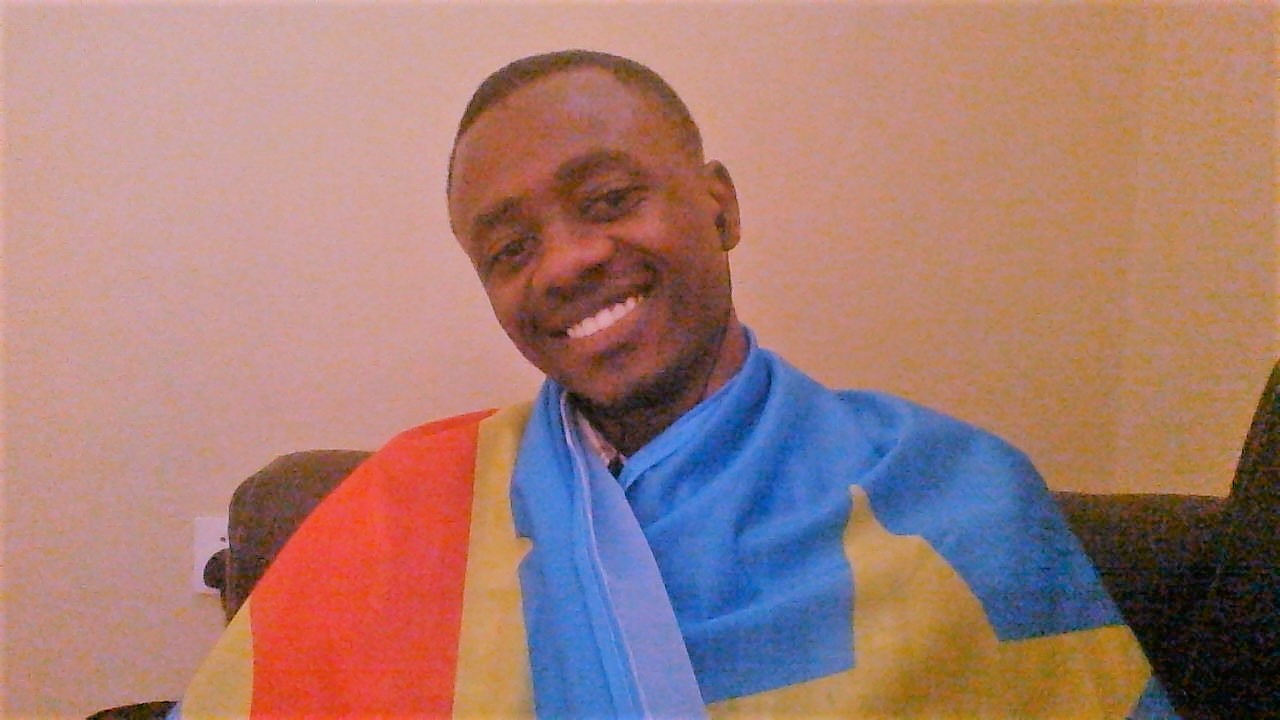 For the young person I was, under 25 years, attending the African School on Internet Governance and getting involved in the internet ecosystem in my country, as well as in the African region, was a dream that I will continue to follow.
For the young person I was, under 25 years, attending the African School on Internet Governance and getting involved in the internet ecosystem in my country, as well as in the African region, was a dream that I will continue to follow.
The very first ever event related to Internet Governance I attended was the FGIRDC2019: The Second edition of the Forum on Internet Governance in my country the DR CONGO, in 2019. I always remind myself about that day as if it was yesterday due to the excitement the event created inside of me as well as the empowerment I gained through it – I have to assume that not all heroes wear capes…
This is how it started
Having a background in Computer Sciences and Management, an interest in questions related to digital human rights and internet governance came just after I started learning how to write articles on subjects that matter to my community in 2017 (see content in French here). Luckily, I met bright young minds under the age of 30, they inspired me a lot to the extent that I felt a pride of belonging to the ideological stream and the positive energy which was coming from my peers… I can’t thank them enough.
By the way, I would rather thank the God who made our paths cross.
From writing blog posts and engaging with youths in activities related to digital human rights, it is almost where everything started before almost 5 years later I joined the prestigious learning opportunity the AfrISIG has offered to me.
How did I get there, how many times did I fail…
People always say that good things take time, and that is true – but the really great happens in the blink of an eye …
I remember I could not contain my excitement after getting the e-mail saying that I could attend the 9th Edition of AfriSIG which took place from 4-15 October 2021 virtually.
The first person with whom I could share this good news was Arsene Tungali, an AfriSIG fellow of the 2016 class, it made him proud of myself for the courage and the determination I always had when I should apply for a new program (I am not talking about all those recommendation letters).
The most important thing is that the time has just made me whole after 2 unsuccessful applications – in 2018 and 2019, followed by patience, commitment, and community engagements before I became another AfriSIG fellow from the DR CONGO.
Learning through practicum, from CSO to IGO stakeholder
The lens through which we always address the question related to internet governance or human rights can take a “biased” perspective especially if we analyze the issue only from the civil society angle.
Many stakeholders always blame governments when things are not improving in the internet ecosystem, but it has proved to be relevant when the community addresses a given issue especially in the Internet ecosystem in a multi-stakeholder approach.
In internet governance, I am used to identifying myself as a stakeholder from the civil society, but thanks to the AfriSIG; once upon a time I had to have a point of view as a stakeholder from governments and government organisations.
Assigned as the head of the “African Union Commission”, like other fellows the Practicum gave me a chance to experience the multistakeholder decision-making process in a realistic simulated environment using available methods and processes – focusing especially on Internet governance and digital inequality challenges/opportunities related to COVID-19.
How likely should I recommend AfriSIG to other young people who are considered as the next generation of Internet Leaders?
Apart from the rich experience I gained through the practicum, attending the ninth edition of AfriSIG gave me a lot of skills and information about how to get involved in many other volunteering opportunities related to Internet resources management (like the ICANN, IETF, AFRINIC,…) regionally or globally.
For young people like me, I would like just to say that getting involved in internet governance always starts with a passion and commitment.
Joining, creating a local chapter of Internet Society (If there is none), taking an online course – can be among great ways of getting involved. I cannot thank enough the DR CONGO Internet Society Chapter for the opportunity it gave me to fulfill my passion.
It’s never too young or too older to lead, I am very grateful for what AfrISG 2021 gave me and I am very excited about what is coming in my internet governance journey and what I will be able to achieve thanks to the empowerment and the large network the school introduced me to.
|
Providence Baraka is a young civic and social tech enthusiast who graduated in Computer Sciences and Management. He is passionate about engaging with youth in addressing internet-related issues at the grassroots level through digital literacy, mentorship, community engagement and activism. Early in 2021, he initiated Bingwa Civic Tech lab, a youth-led civic tech initiative based in the Democratic Republic of Congo, working with the community for the adoption of technology in promoting democratic participation. He is actively contributing to discussions related to digital human rights, for example, by writing articles about digital inclusion for the Global Voices Platform. He co-authored the Digital Rights and Inclusion in Africa 2020 Report, a publication from the Paradigm Initiative, analysing the state of digital rights and inclusion in Africa. He enjoys listening to music and playing football in his free time. |
